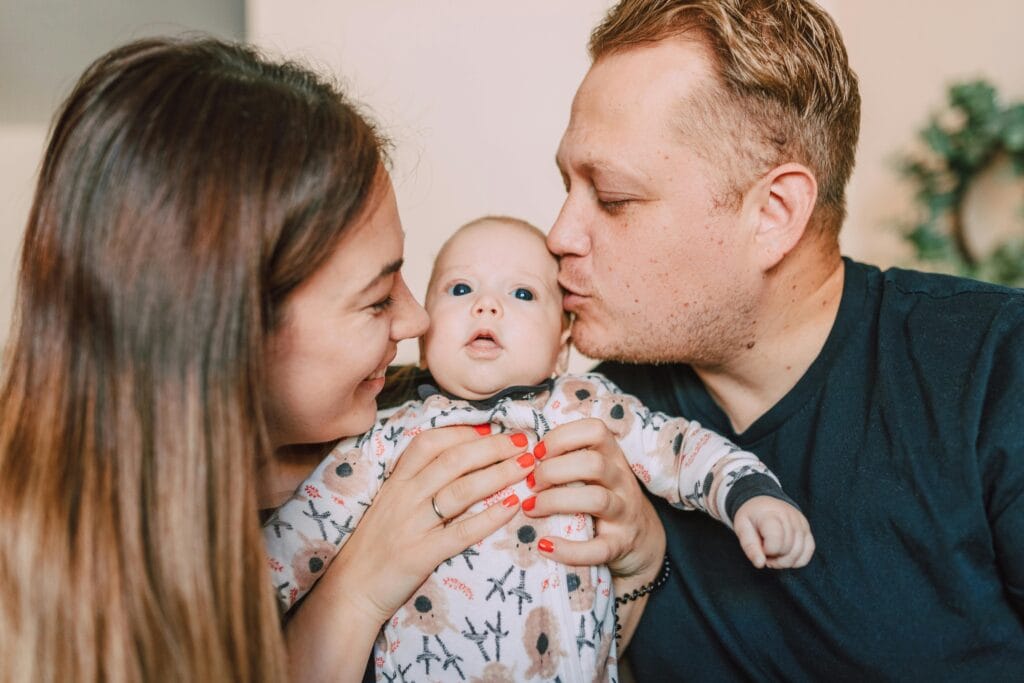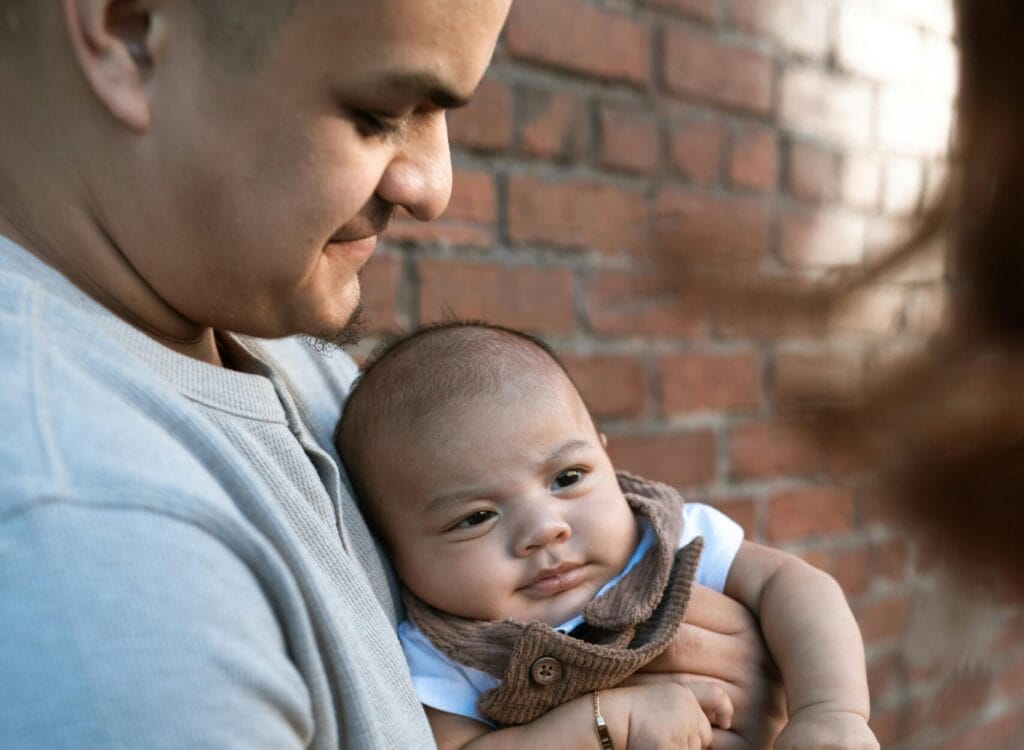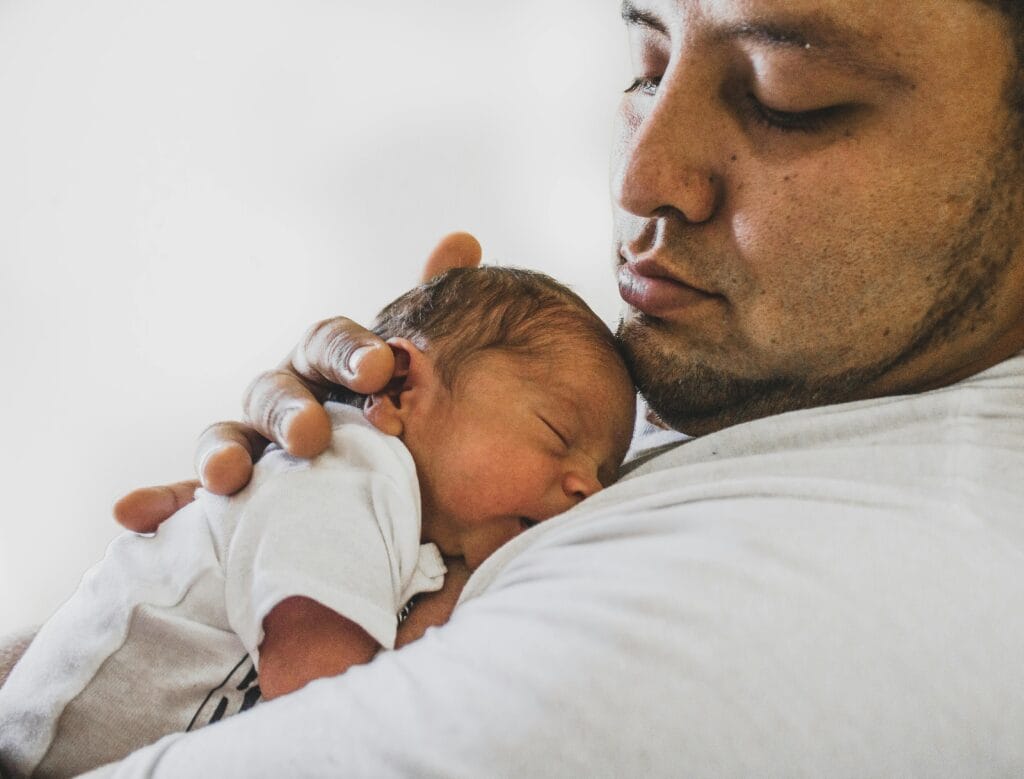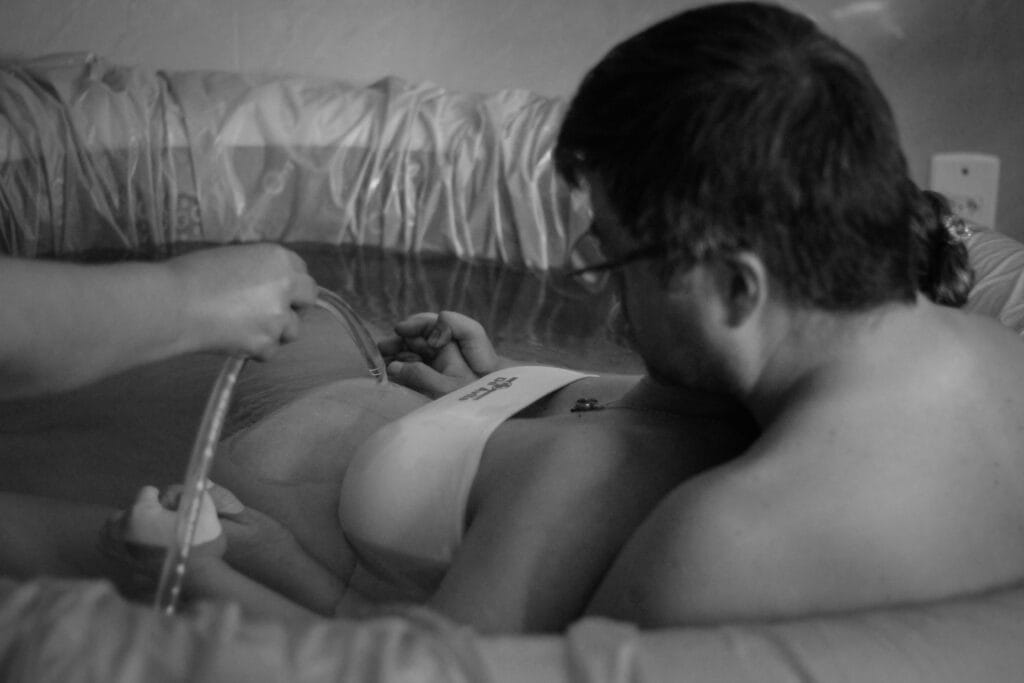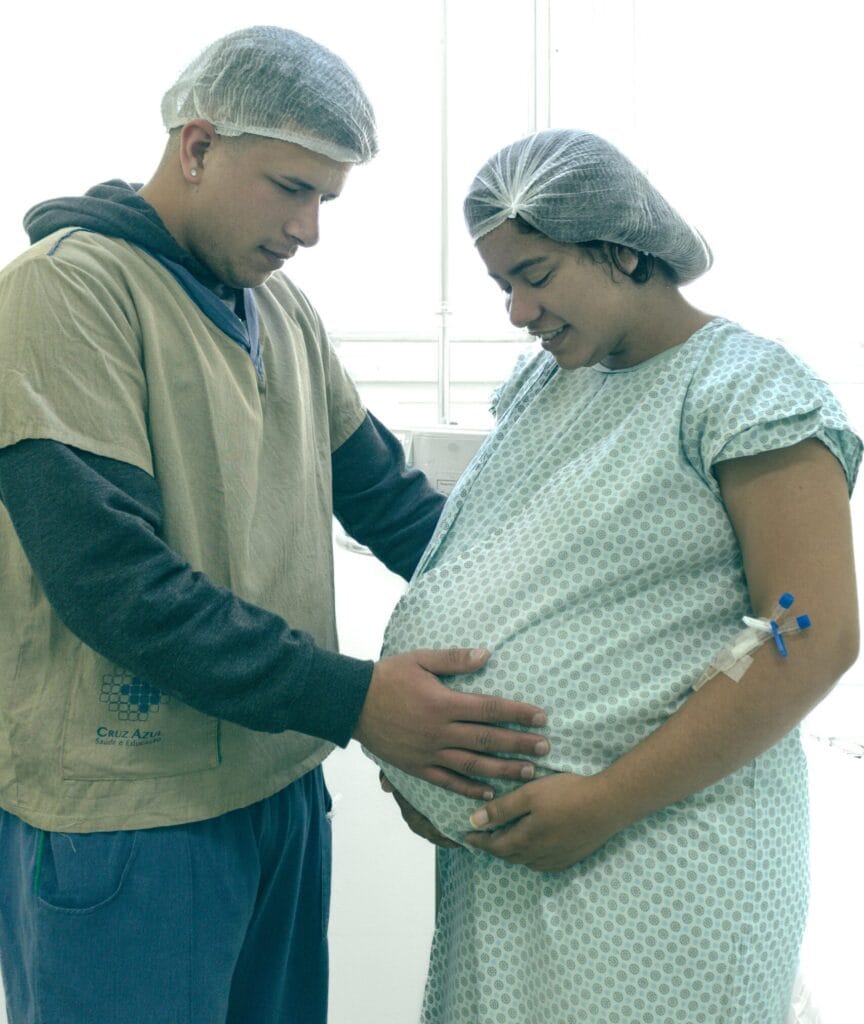Have you ever wondered if men get postpartum depression? When we think of postpartum depression (PPD), the condition is typically associated with mothers. Yet, research and real-life experiences are beginning to show that postpartum depression doesn’t just affect women. Men, too, can experience significant emotional, psychological, and physical changes after the birth of a child. This condition, often termed paternal postpartum depression (PPPD), is real and can profoundly impact new fathers and their families. In this article, we’ll explore the causes, symptoms, risks, and ways to seek help for paternal postpartum depression.
Understanding Paternal Postpartum Depression
Paternal postpartum depression refers to depression that affects men during the perinatal period, which includes both the pregnancy and the postpartum phase (usually within the first year after the child’s birth). Studies estimate that around 10% of fathers experience symptoms of depression during this period, and the risk increases in the first three to six months after childbirth.
Unlike maternal PPD, which is often linked to hormonal fluctuations, paternal PPD is generally caused by a combination of environmental, psychological, and relational factors. These might include the new responsibilities of fatherhood, disruptions to lifestyle and sleep, financial pressures, and relationship changes.
Why Does Paternal Postpartum Depression Happen?
Several factors contribute to the onset of postpartum depression in dads:
- Hormonal Changes: Although men don’t experience the same hormonal shifts as women, studies have shown that they also undergo subtle hormonal changes during their partner’s pregnancy. For example, levels of testosterone can decrease, while levels of cortisol (the stress hormone) may increase. These hormonal shifts can make some fathers more susceptible to depression.
- Increased Stress and Responsibility: The birth of a child brings new responsibilities and pressure, which can feel overwhelming. Many new fathers feel the weight of providing for their growing family, which can amplify anxiety, particularly if they’re already struggling with work or financial stress.
- Sleep Deprivation: Like mothers, new fathers often experience disrupted sleep patterns due to their newborn’s feeding and sleeping schedule. Chronic sleep deprivation is linked to mood disorders and can worsen symptoms of anxiety and depression.
- Relationship Changes: Having a baby changes a couple’s dynamics and can introduce tension, especially when both partners are under stress and dealing with fatigue. Feeling disconnected from one’s partner or feeling left out of the bonding experience with the baby can lead to isolation and depression in fathers.
- Unmet Expectations: Many men have specific expectations about fatherhood, and the reality of parenting can be different from what they envisioned. Some men may feel insecure or question their adequacy as a father, leading to feelings of guilt and low self-worth.
Recognizing the Symptoms of Paternal Postpartum Depression
The symptoms of paternal postpartum depression can vary, and they often look different from those experienced by mothers. Here are some common signs to look out for:
- Irritability or Anger: Men may feel short-tempered or more easily frustrated, sometimes leading to angry outbursts.
- Withdrawal: Many dads with postpartum depression may isolate themselves from family and friends or feel emotionally disconnected from their partner or baby.
- Loss of Interest in Hobbies or Work: Depression can sap motivation, making it difficult for fathers to enjoy activities that they once found fulfilling.
- Substance Abuse: Some men may turn to alcohol or other substances as a way to cope with their emotions, which can lead to a cycle of dependence and worsening depression.
- Fatigue and Sleep Problems: Although sleep issues are common for new parents, persistent exhaustion and sleep disturbances that don’t seem to improve could be signs of depression.
- Physical Symptoms: Headaches, digestive issues, and changes in appetite can be physical manifestations of depression.
- Feelings of Hopelessness, Guilt, or Self-Doubt: Dads may feel like they are “bad” fathers or partners, leading to feelings of inadequacy and guilt.
Risk Factors for Paternal Postpartum Depression
While any new dad can experience postpartum depression, certain factors may increase the likelihood of developing PPPD:
- A History of Depression: Men who have experienced depression or other mental health challenges in the past are at higher risk.
- A Partner with Postpartum Depression: Depression can be “contagious,” in a sense. If a man’s partner is struggling with postpartum depression, he may also become vulnerable.
- Financial or Work-Related Stress: Economic strain or job instability can increase stress levels and make men more susceptible to depression.
- Lack of Social Support: Fathers who feel isolated, or who lack a support network of friends and family, may have a harder time adjusting.
- Health Problems in the Baby: If the baby has health issues or requires extra care, the stress and worry can contribute to feelings of helplessness and depression in fathers.
The Impact of Paternal Postpartum Depression
Paternal postpartum depression doesn’t just affect the father; it can have far-reaching consequences for the whole family. Studies show that depressed fathers are less likely to engage in activities that promote bonding with their children, such as reading, playing, or comforting them. This can impact the child’s emotional and social development. Furthermore, paternal depression can strain the parental relationship, causing friction and reducing the overall quality of the family environment.
Children of fathers who experience postpartum depression are also more likely to develop behavioral and emotional issues themselves. Early intervention can help mitigate these risks and improve family outcomes.
How Paternal Postpartum Depression Differs from Maternal Postpartum Depression
While postpartum depression in mothers and fathers share some commonalities, they often manifest differently. For instance, men are more likely to express their depression through anger, irritability, or risk-taking behaviors, whereas women may show more signs of sadness or withdrawal. Fathers may also feel less inclined to seek help, as cultural expectations often discourage men from acknowledging feelings of sadness or vulnerability.
Men experiencing postpartum depression may not recognize their symptoms or may downplay them, often seeing themselves as merely “stressed” or “tired.” This can delay diagnosis and treatment.
Seeking Help: Treatment and Coping Strategies for Fathers

Paternal postpartum depression is treatable, and with the right support, new fathers can recover and regain a sense of wellbeing. Here are some effective strategies:
- Therapy: Speaking with a mental health professional, especially one who specializes in men’s mental health, can be invaluable. Cognitive-behavioral therapy (CBT), for example, can help fathers recognize and change negative thought patterns and behaviors.
- Support Groups: Many men find comfort in connecting with other fathers who have similar experiences. Joining a support group for new dads can help men realize they’re not alone and provide a space to share challenges and coping strategies.
- Medication: For some, medication may be necessary to manage depression symptoms, particularly if therapy alone isn’t effective. A doctor can help determine if antidepressants or other medications are appropriate.
Lifestyle Adjustments: Regular physical activity, a balanced diet, and mindfulness practices can all support mental health. Exercise, in particular, has been shown to improve mood and reduce symptoms of depression.
- Improving Communication with Your Partner: Open communication with a partner about feelings, fears, and struggles can be immensely helpful. Working together as a team and supporting each other emotionally can strengthen the relationship and ease the transition to parenthood.
- Prioritizing Self-Care: New fathers should remember that it’s okay to take breaks. Spending time on hobbies, getting adequate rest, and setting boundaries can help prevent burnout.
Breaking the Stigma Around Paternal Postpartum Depression
One of the biggest challenges for men experiencing postpartum depression is the stigma associated with mental health struggles. Societal expectations often discourage men from expressing vulnerability or seeking help. However, as awareness of paternal postpartum depression grows, so does the opportunity to dismantle these stigmas.
Raising awareness about PPPD, educating men and their families, and normalizing mental health care for fathers are essential steps in creating a supportive environment for new dads. This change can begin at home, with conversations that encourage openness and acceptance.
Final Thoughts
Yes, dads can get postpartum depression. The journey into fatherhood can be a beautiful, but sometimes overwhelming, transition. For men struggling with feelings of depression after the birth of their child, recognizing the symptoms and seeking help can make a world of difference. It’s crucial for fathers, their families, and healthcare providers to recognize that paternal postpartum depression is real and that support is available.
Addressing paternal postpartum depression not only helps the father but also strengthens the entire family unit. When fathers are mentally and emotionally healthy, they can bond with their children, support their partners, and fully embrace the joys and challenges of fatherhood.


